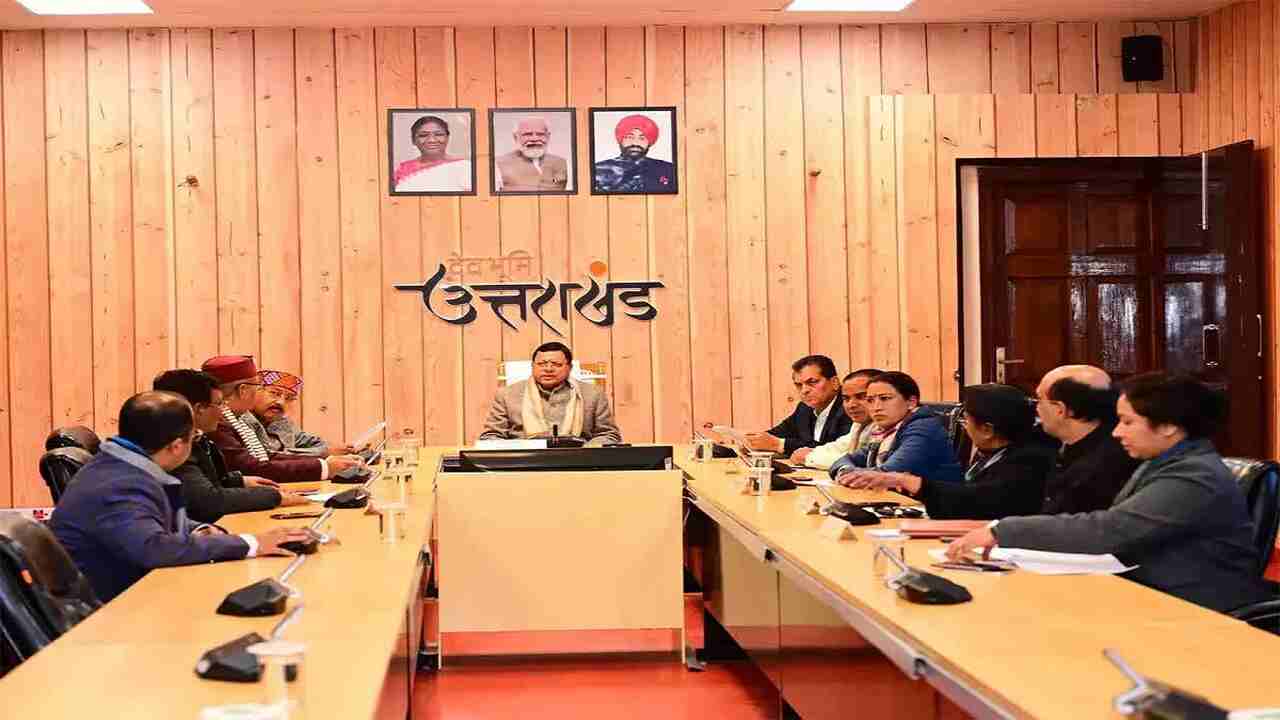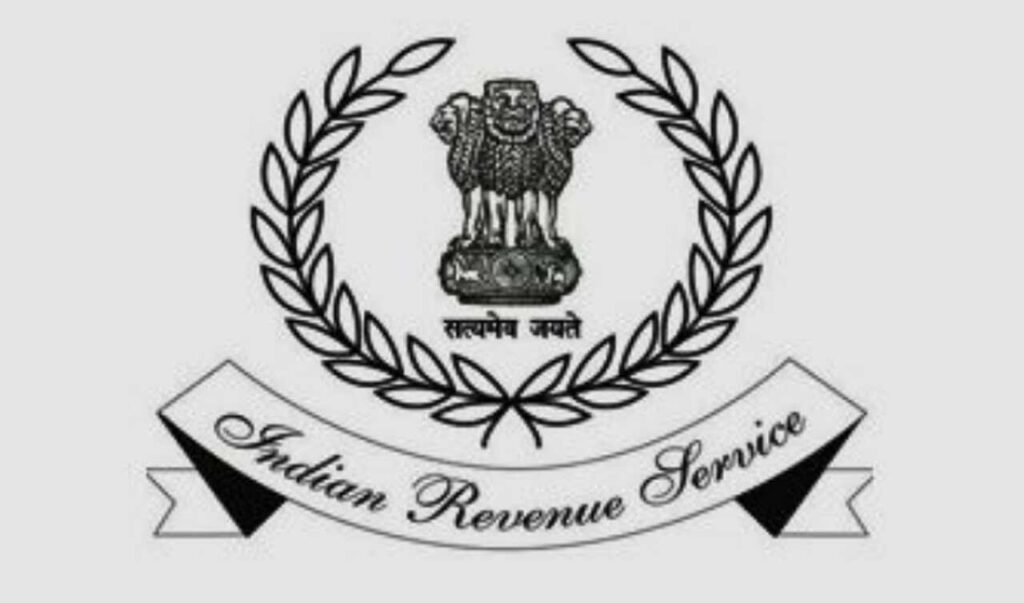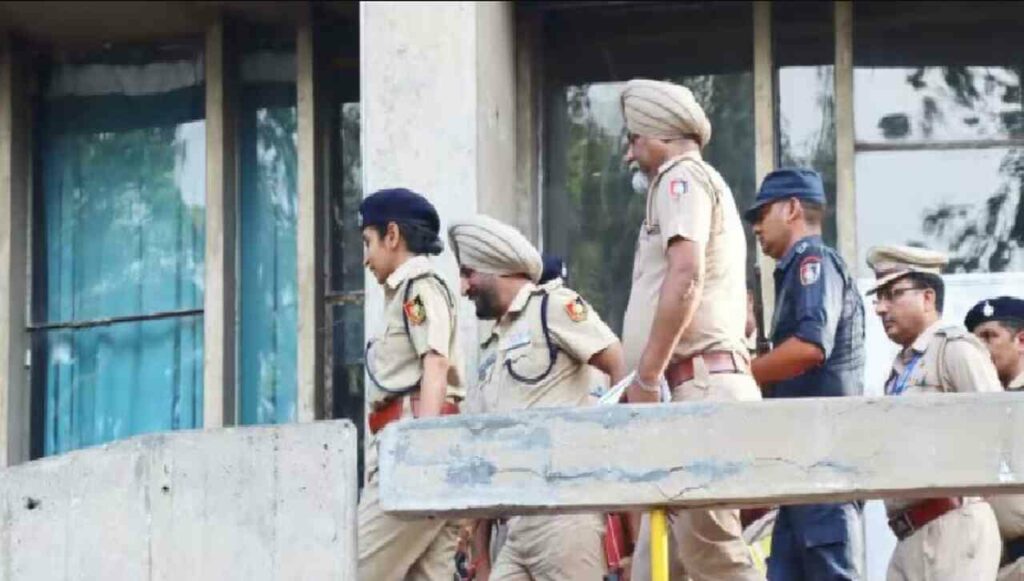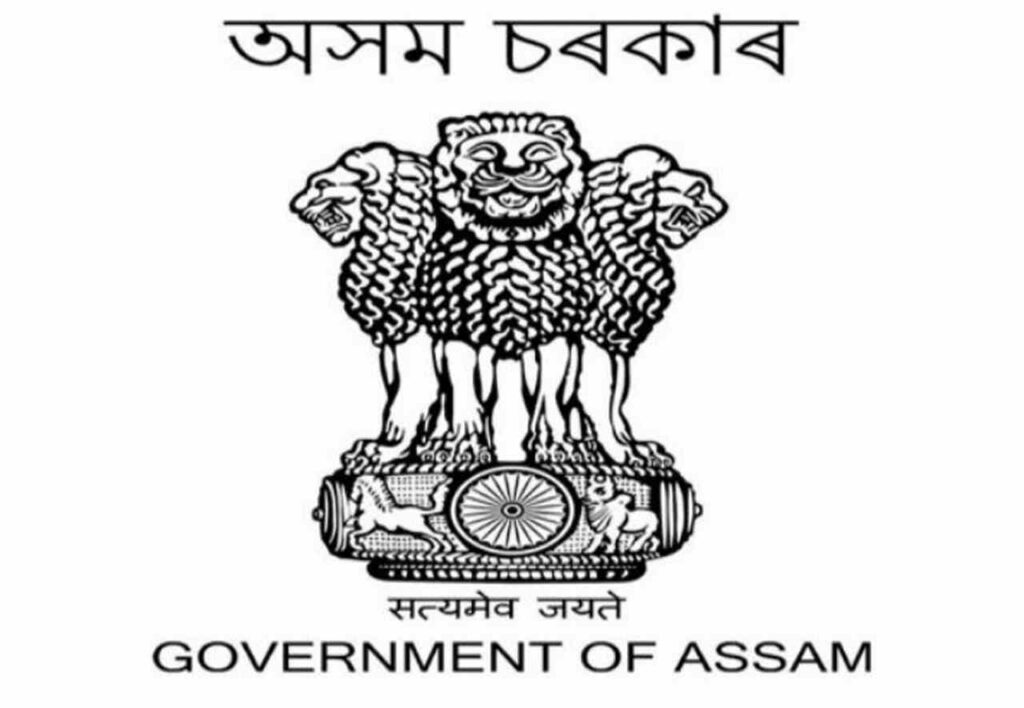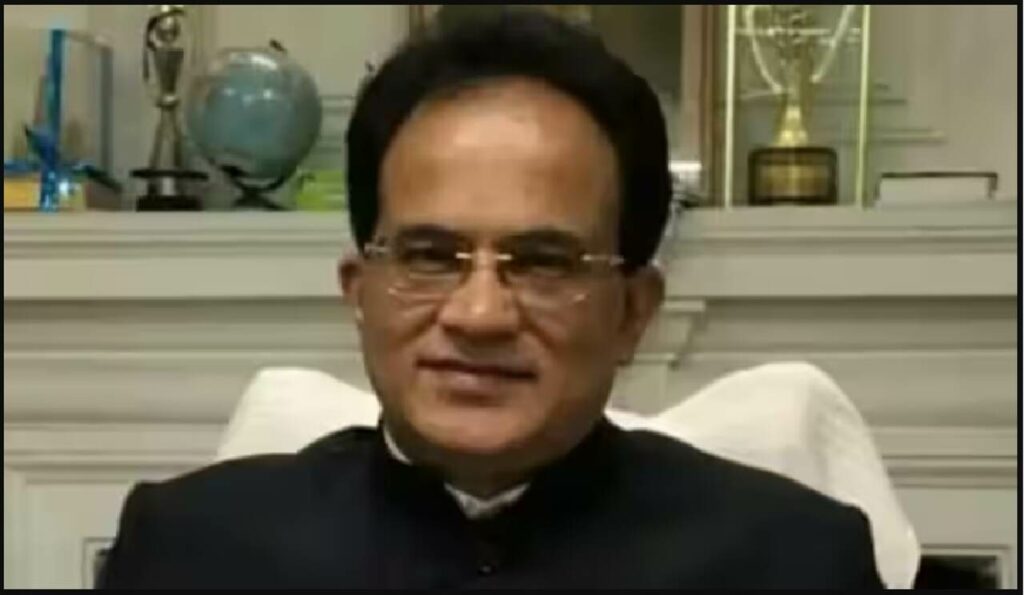Dehradun: The cabinet meeting held on Tuesday, chaired by Chief Minister Pushkar Singh Dhami, concluded. A total of 6 proposals were approved. The Dhami cabinet primarily approved the formulation of a Scent Revolution Policy for the state of Uttarakhand.
The formulation of a Scent Revolution Policy has been under discussion for a long time in Uttarakhand. This is primarily due to the Saugandh Paudha Kendra’s ongoing research. Furthermore, the Saugandh Paudha Kendra recently developed a perfume from Timaru, which was greatly appreciated by Prime Minister Narendra Modi. Consequently, the Uttarakhand government wants to focus on increasing the production and use of aromatic crops in the state. To this end, the state government has decided to formulate a Scent Revolution Policy covering all aspects to establish aromatic farming in the state.
The first phase of the Fragrance Revolution Policy will be developed to fulfill the commitment of a strong Uttarakhand for the next 10 years, from 2026 to 2036. Furthermore, substantial subsidies will be provided to promote aromatic farming in Uttarakhand. The objective is to establish an ecosystem for aromatic crops in the state and establish the Uttarakhand brand for aromatic products at the national and international levels. Under this policy, the first phase aims to cultivate aromatic farming on 22,750 hectares of land through 91,000 beneficiaries. Under this policy, farmers will receive an 80% subsidy for cultivation of at least one hectare of land and a 50% subsidy for cultivation of aromatic farming on land exceeding one hectare.
Key Points of the Cabinet Meeting
- Fragrance Revolution Policy approved in Uttarakhand. This scheme will run from 2026 to 2036. 91,000 farmers will benefit from it. This includes a subsidy provision.
- Amendments were made to the structure of the Uttarakhand Prison Administration and Correctional Services Department. Approval was given for the creation of 24 subordinate artisan posts and three posts for the correctional wing.
- The 1,872 EWS houses built in Rudrapur under the PM Awas Yojana exceeded the initial cost. Therefore, the state government will bear the additional ₹27.85 crore spent on these houses.
- The State Council of Educational Research and Training, Uttarakhand, is currently broadcasting five free educational TV channels under the PM e-Vidya program. An MoU has been signed between the Central Institute of Educational Technology (CIET), National Council of Educational Research and Training (NCERT), New Delhi, and the State Council of Educational Research and Training (SCERT), Uttarakhand. To ensure smooth implementation of this program, the Dhami cabinet has approved the creation of eight posts.
- Amendments to the Uttarakhand State Elementary Education (Teacher) (Amendment) Service Rules 2012 were approved.
- Under the Social Welfare Department, the incentive amount for marrying a disabled youth or girl was increased from ₹25,000 to ₹50,000.


